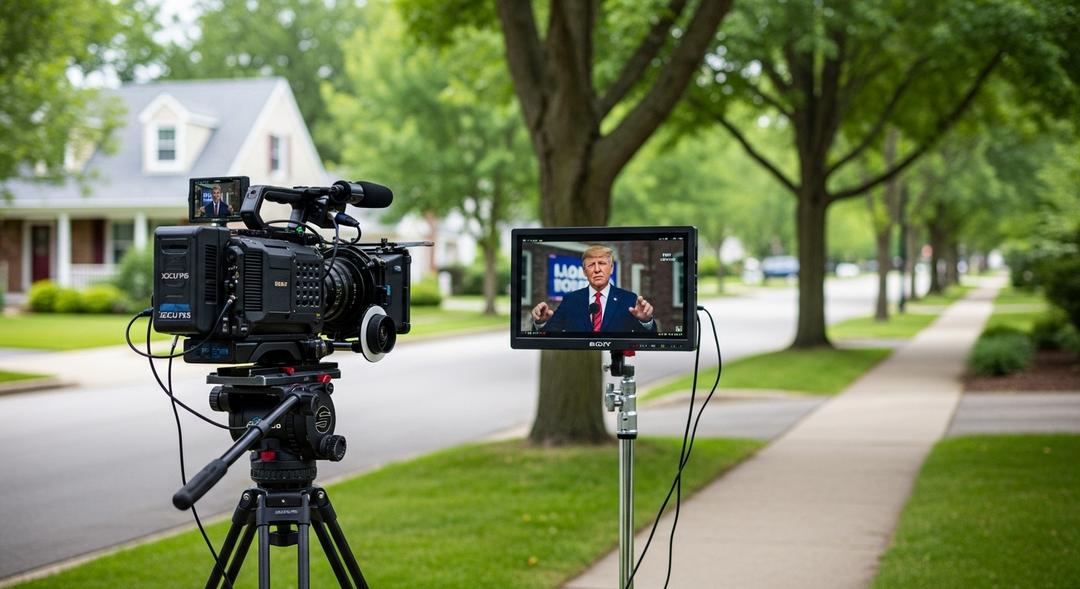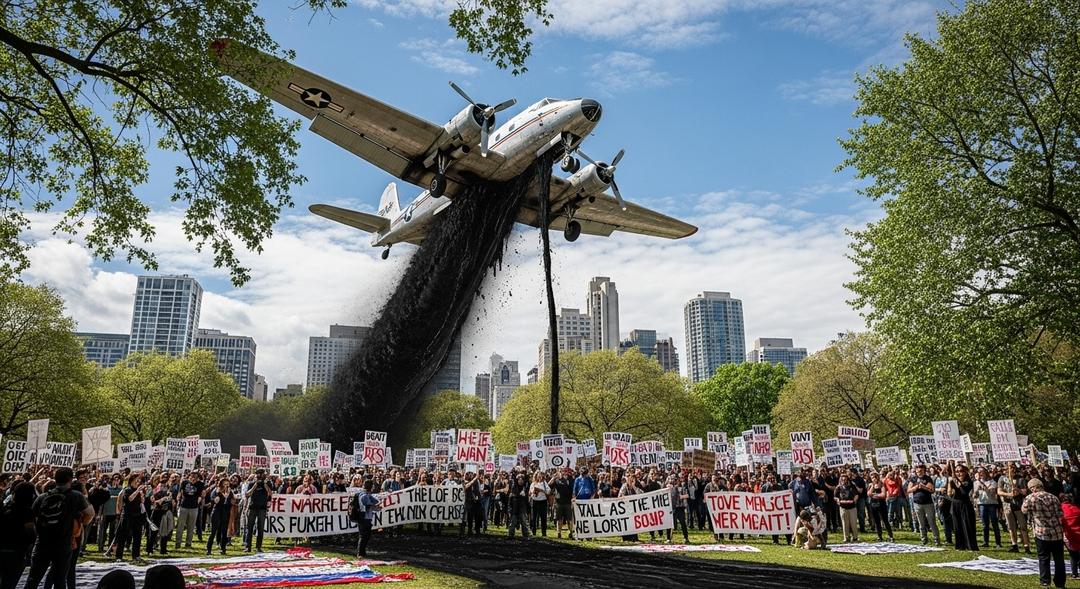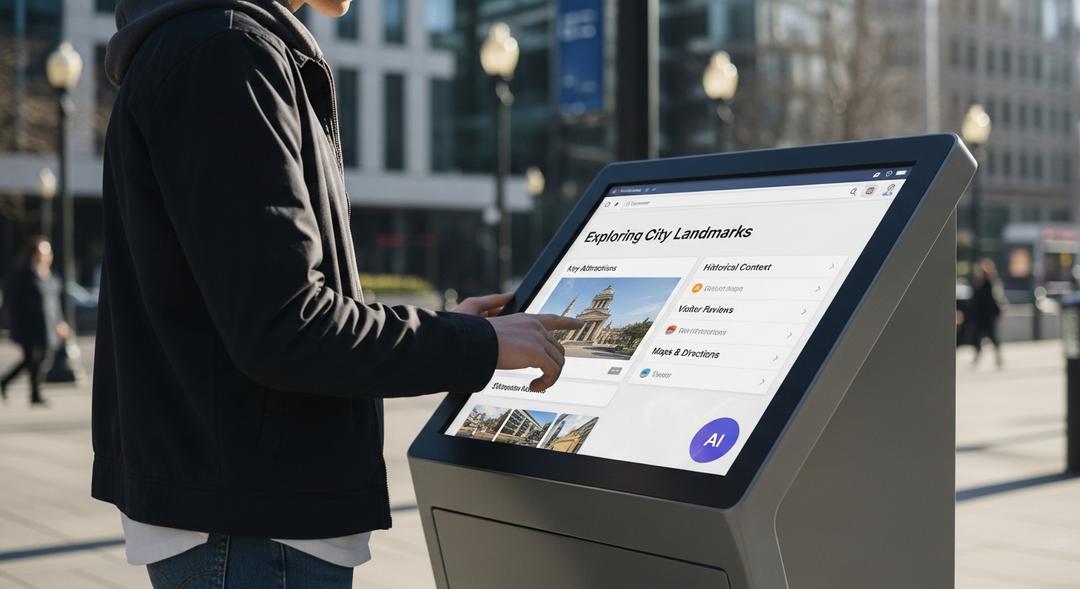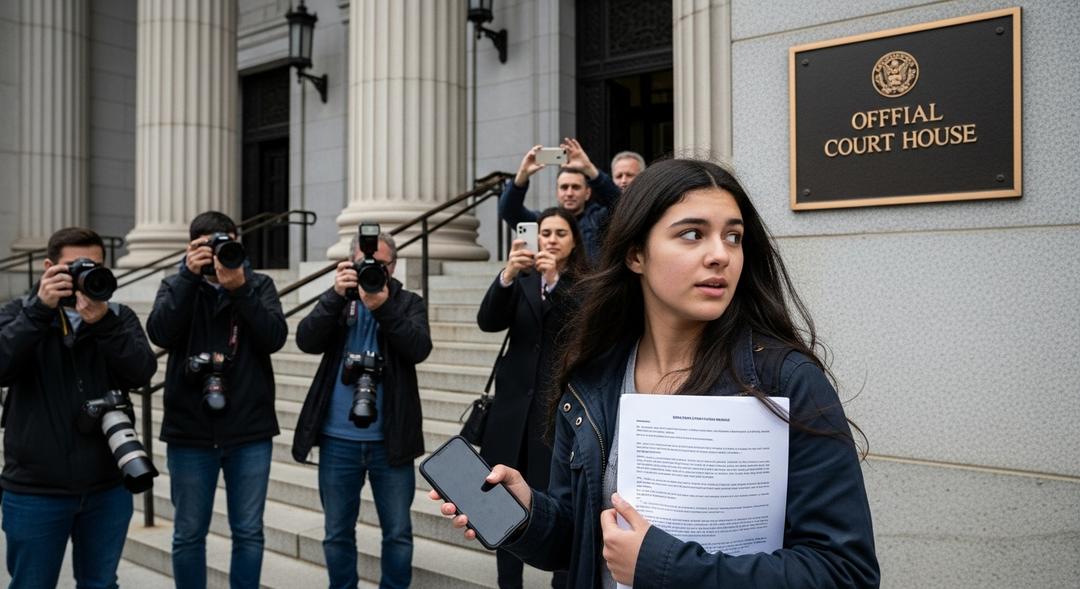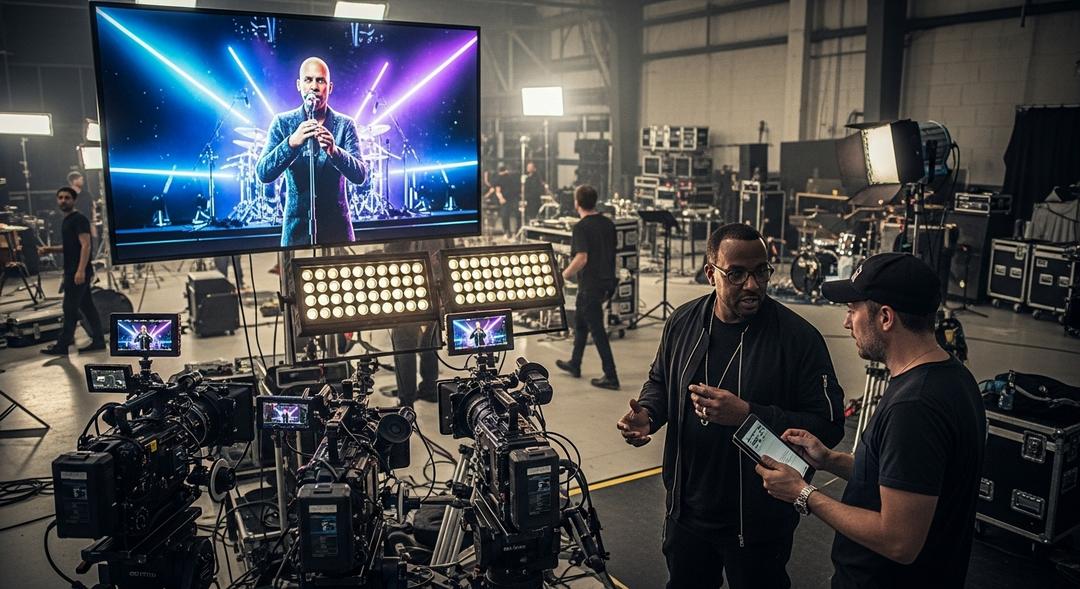A congressional campaign ad featuring convincing digital faces recently sparked a wave of national chatter.
Esther Kim Varet, an art dealer eyeing the Democratic ticket in California’s 40th district, decided to play with the theme of authenticity itself. The ad introduced three people speaking directly to the camera, but each was a product of sensory trickery, crafted entirely with artificial intelligence video manipulation.
Kim Varet shared that they never set out to fool viewers, instead opting to use the apparent “fakeness” of AI to make a pointed statement about politics. Her husband, Joseph, actually built the entire video on a whim while the family paused for lunch during a holiday road trip. It took him about half an hour with nothing but his phone.
This digital sleight of hand did more than serve up satire. Kim Varet believes the accessibility and speed of AI could be the key for underfunded or younger candidates. “How wonderful is that, in a sense, if you could level the playing field for young candidates? Because — that would have cost me half a million dollars, not 30 minutes on the phone,” she said.
But with ingenuity comes concern. Some experts are sounding alarms about how quickly AI can sway opinions, especially before voters catch on that what they are seeing isn’t always real.
Political Rules and Regulatory Roadblocks
Professor Annette Zimmerman from Wisconsin worries about the implications, stating, “It’s impossible to predict just how corrosive this will be to political discourse in this country.” She added that ordinary people cannot be expected to untangle what is real and what has been conjured by an algorithm.
Despite these mounting anxieties, Congress has taken incremental steps, but no broad protections. While the Protect Elections from Deceptive AI Act was introduced to limit fraudulent political propaganda, support for it remains scattered.
Senator Josh Hawley, one of the bill’s sponsors, stressed the urgency of the moment, saying, “Congress has got to put guardrails in place right now and give every normal person… the right to protect their name, image and likeness.” He warned that AI tools now scrape the internet relentlessly, using people’s images and information without permission or compensation.
Adding fuel to the political fire, President Trump’s major tax bill would restrict states for a full decade from creating their own AI laws. This regulatory pause surprised and frustrated even some in his own party. Representative Marjorie Taylor Greene voiced outrage, calling the lack of state control “potentially dangerous.” She stated she would have opposed the bill had she understood what was included.
So far, state-federal conflicts over AI laws have surfaced from bipartisan task forces. Actual rules have not made it past the talking stage.
Looking ahead, Kim Varet mused about the unpredictable nature of political messaging as AI develops. She doubts whether other candidates will be as up front about their own use of AI. She summed it up simply: how open candidates are about new technology could tell voters even more than their policies.
